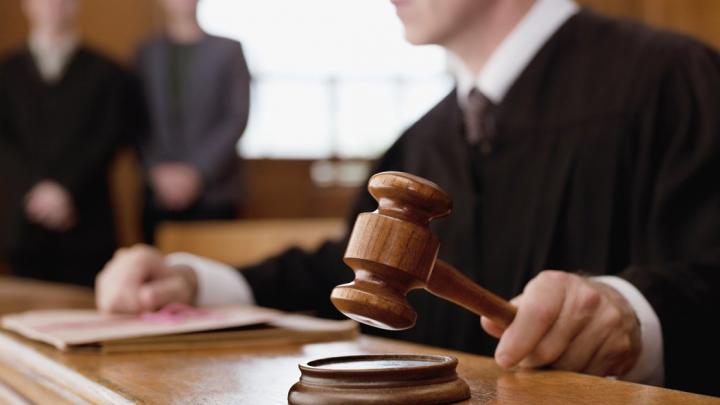All of us think that to settle disputes there is only one way, and that is going to the court of law to get justice. But there is another way these issues can be solved by not going to the court directly. Outside traditional lawsuits, there are other ways to resolve disputes which are less trouble for all the parties involved. This process is known as arbitration or mediation and is an effective way of dispute resolution which is also termed as alternative dispute resolution. This is an effective way which in most cases work and saves money, energy and time, needless to mention the stress of a long drawn out courtroom battle. If both the parties agree, then this alternative method of dispute resolution can be used in some typical cases. All cases, however, cannot be solved in this manner and there are some particular categories that can come under arbitration or mediation. These cases are mainly cases of divorce and the resulting child custody disputes, visitation rights related to custody and divorce, accident or personal injury, commercial and business agreements, consumer complaints etc. Additionally, commercial and business disputes; complaints that might be against brokerage and financial companies; minor criminal matters; disputes that might happen between a tenant and landlord, etc. can also be settled outside the courtroom in an informal manner.

An arbitration lawyer is someone who is also termed as an arbitration act lawyer who is the main conductor of the arbitration or the mediation. In special cases, if more than one lawyer is involved, it is called a panel. It is very important that these arbitrators b absolutely objective and neutral and should not have any interest in the conclusion of the proceeding other than looking after the interest of the client. Therefore, the perfect people who can act as a mediator is often retired, lawyers or judges. They are paid by the hour by the parties who hire them and who are the main clients involved in the dispute. Private ADR or Alternative Dispute Resolution Company is used to proceed through the process of arbitration or mediation. The private offices of the lawyer are used for the counseling or meeting sessions, where the matters are discussed at length. The courthouse is not involved in such arbitration cases so that it can be truly said that these are matters that are settled out of court. Commitment to follow the mediation or company’s arbitration rules is generally sealed with an agreement that is signed in the office of the lawyer or typically the Private ADR office.

Though the two words “arbitration” and “mediation” sounds more or less the same, they have different connotations. They mean different things. Whereas arbitration is final and binding, mediation is not like that and if the parties involved in the dispute cannot come to an agreement then in mediation nothing us actually resolved. The procedures of both these exercises vary in which arbitration is more like actually going to the court and attend a mini-trial, whereas in mediation the parties habitually meet first with the negotiator to explain their positions. Here the lawyer is both the jury and the private judge and the decision taken the lawyer is often termed as an “award”. Once the disputes are settled, the parties are asked to sign an agreement which is final and binding and is treated as a “settlement agreement”. The award of the arbitrator or the arbitration act lawyer is final and may not be open to appeal. They are more or less like a court judgment subjected to enforcement under New York's Civil Practice Law and Rules’ article 75. Therefore, arbitration is an easy and inexpensive method to solve disputes without attracting a lot of attention or spending a lot of money, where the dispute is settled peacefully where both the parties agree to the solution and go home satisfied. There is none of the stress involved that is usually associated with court proceedings and it is a fast way to resolve a dispute. The result is usually final and quick, and the case can thus rest.